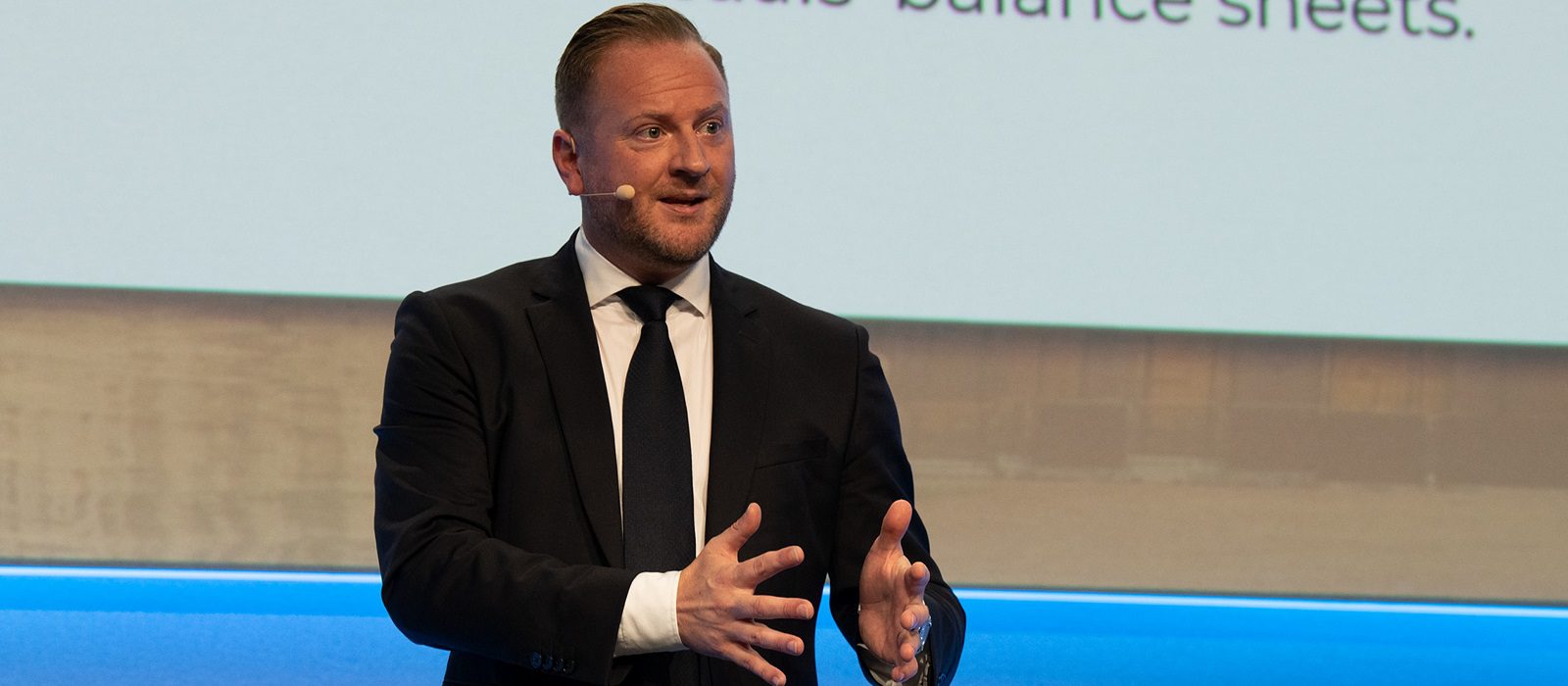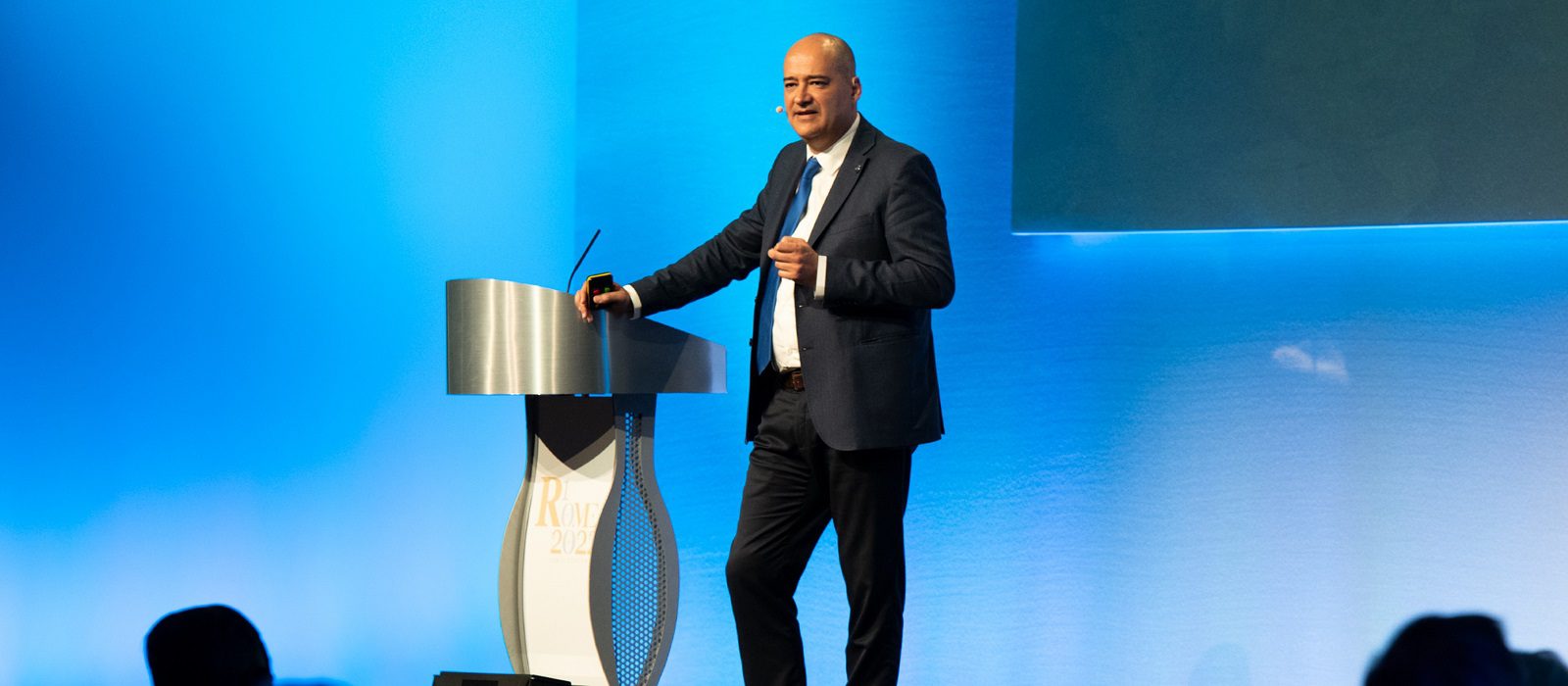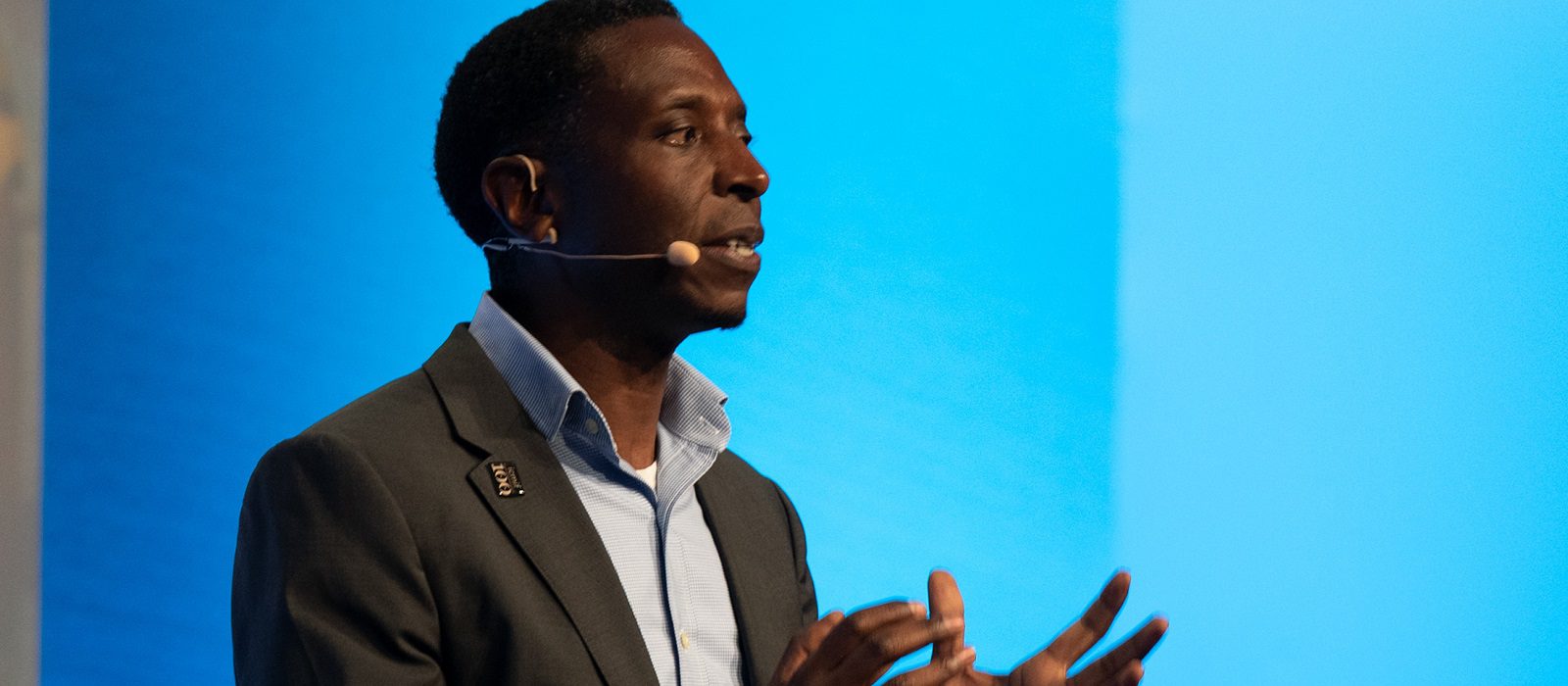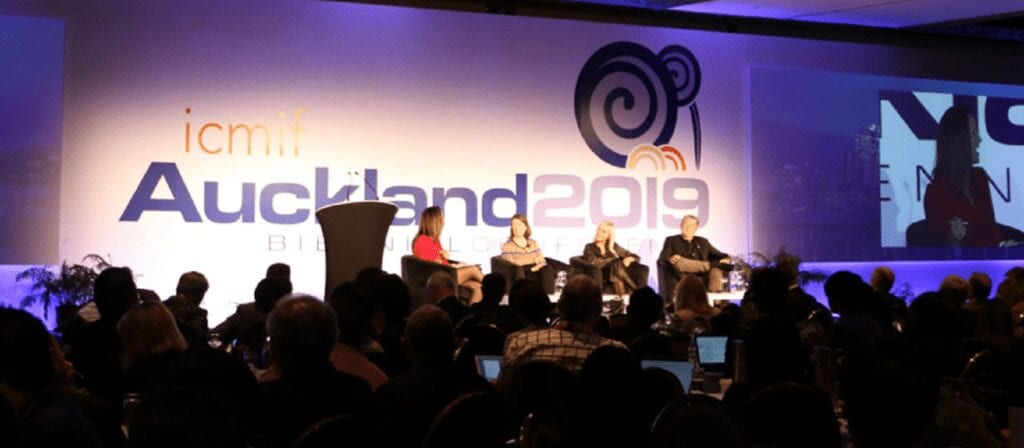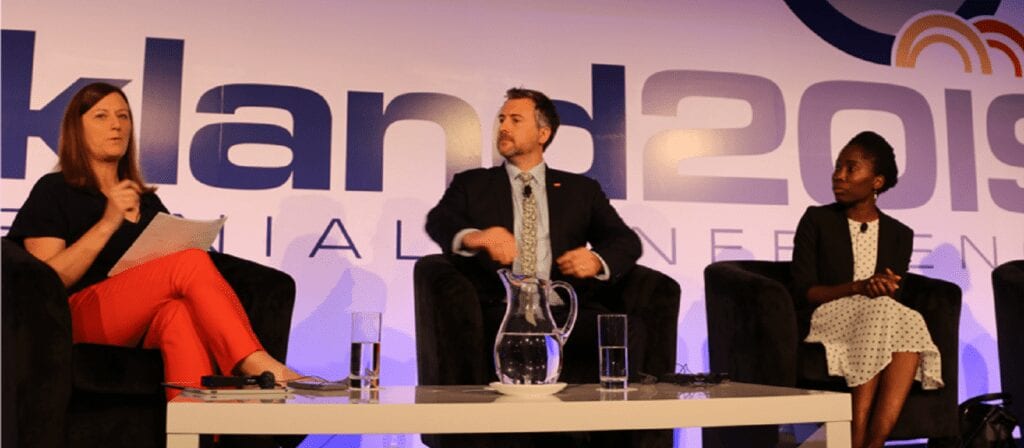Today, Gore Mutual, Canada’s oldest general insurance company founded in 1839, is a fast-growing, purpose-driven, digitally-led challenger brand with 600 employees and USD 500 million in premiums.
Gore Mutual has survived as a small business for so long because of how they embraced principles of mutuality, such as conservatism, prudence and maintaining local roots for generations. Whilst Gore Mutual still value mutual principles today, they recognised that they will not see them through to the next 180 years, and so have set about a significant transformation of their business.
Gore Mutual are facing challenges in four key areas which represent a potential existential threat to small- and medium-sized mutual companies: capital, consolidation, customer and costs.
In 2019, despite the recent introduction of legislation in Canada to allow for the demutualisation of P&C mutuals, Gore Mutual made the long-term strategic decision to remain a mutual company and to commit and invest in its mutuality. To do this, they also needed to make transformational investments in their business for their employees, their distributors and their customers. They called this path Project Next Horizon. The project harnesses the simplicity of their business and their agility as a business without shareholders to answer to. The plan of the project is a 10-year strategy to become a top 10 Canadian insurer, quadrupling the size of their business through scaling and diversifying.
To do this they have taken bold investment moves in:
- Technology: new systems throughout the business. They have chosen Guidewire as their core platform, putting Guidewire in for all lines of business, policy billing and claims in two years. This has allowed 95% straight through processing in motor and property lines.
- People: they have doubled their workforce, focusing on specialist roles in claims and underwriting, delivering tens of millions in savings in recurring claims costs.
- Operating model: they have gone from an analogue process where everything was manual and processes were often repeated, to digital where it is straight forward and managed on a portfolio level.
- Distribution: they have improved their broker distribution network to help them realise their goals of doubling the size of the business in the next 3-5 years.
Before their transformation began, their purpose statement was “mutual protection from the hardship of misfortune”. They realised his was difficult to remember and not inspiring. They changed this to “providing insurance that does good”, which is underpinned by three pillars: be good, do good, spread good. Their entire purpose framework is based on three SDGs on poverty, equity and climate.
Seven years ago, Grupo San Cristobal (Argentina) started to evolve its business, shifting the focus to customers; undergoing a digital transformation to become a customer-centric company that deals with customers in a holistic way. Independent multidisciplinary teams, working across claims, underwriting and commercial aspects, were set up to achieve this. The teams were focused on transforming the business and the status quo while the rest of business took care of business as usual.
There were both pros and cons to this strategy: agile methodologies and minimal viable product (MVP) meant they achieved things more quickly; having several multi-disciplinary teams meant they were able to advance simultaneously on different fronts; more attractive digital profiles were created; and in-house competition favoured the company’s evolution.
However, MVPs did not always meet expectations; deadlines were not always met; as teams were competing they did not want to share with each other, which increased operational cost, headcount and resources; the business as usual team’s demands were not prioritised; and the work place environment deteriorated.
A new plan was put in place with three dimensions: culture, strategy and structure. Grupo San Cristobal recognised that corporate culture was important and so it changed directions, creating a single purpose; putting teamwork at the forefront; and prioritising the customer. They worked on their desired culture, built by the C-suite establishing a purpose and cultural principles.
Needing to evolve for a reason not just the sake of evolution, they developed a short and long term plan with all of the teams, pooling resources and setting priorities. The processes and technology were designed to converge to client-orientated goals. They found that people do their best when they have a clear purpose and know the advantages to the company and clients.
Finally, Grupo San Cristobal built a new structure capable of supporting the strategy, built under the premise that it would be unified and strive for specialisation and evolution in the workforce. There was a shift from a vertical structure, to a horizontal structure and staff were encouraged to become agents of change, promoting the desired culture.
OneFamily is a customer-centric organisation thats purpose is to serve the underserved in the UK market. Mutuals hold a special place in the UK financial services market, and OneFamily sees this as an opportunity to serve those that others cannot (or do not want to) serve with the advantage of having patient capital, enabling them to take longer-term decisions.
The customer is taking centre stage, and access to technology is changing how organisations interact with them. Behavioural science links into technology, and the skills once perceived to be in the gift of academia, governments, and commerce, are now available to customers and members through low-cost technology. Transparency and data sharing have transformed the market and the way value is created. Members do more research, and this is one of the most potent tools for democratising financial services.
OneFamily’s purpose as a mutual is not just to use technology and knowledge of the customer in a way that is ring-fenced around their products, but to be authentic and be the a voice of the customer. One example of how they have done this is Child Trust Fund lobbying.
In each market segment they operate in, OneFamily has made the strategic decision to serve the whole market, not just the top end. There are cost issues with this, meaning they need to be more efficient and more digital. By concentrating on the underserved, they have found that they can deliver life-changing, financial wellbeing products.
The mutual does not look at the profitability of a customer from a single product, but the profitability of a relationship with that customer. Three years ago, OneFamily had products across multiple platforms which stretched their staff and forced products on customers that had been designed years ago, rather than adapting to customer needs. They have since implemented an ongoing modernisation programme to solve this, allowing them to engage with customers in a more efficient way.
While they have few touch points with their customers in terms of products, being a mutual gives them a lease to engage with their customers, creating greater empathy and also greater commercial drive because they are more likely to buy another product if they see the purpose of the organisation.
Their challenge now is to put purpose at the forefront. Looking ahead, OneFamily will use technology and behavioral science to inform their purpose and continue serving the underserved. The last decade has taught them that they need to understand their responsibilities, beyond the products they sell.
Session speakers:
- Paul Jackson, COO, Gore Mutual (Canada)
- Diego Guaita, CEO, Grupo San Cristóbal (Argentina)
- Teddy Nyahasha, CEO, OneFamily (UK)
- Catherine Thomas, Senior Director, Analytics, AM Best (UK) moderator
